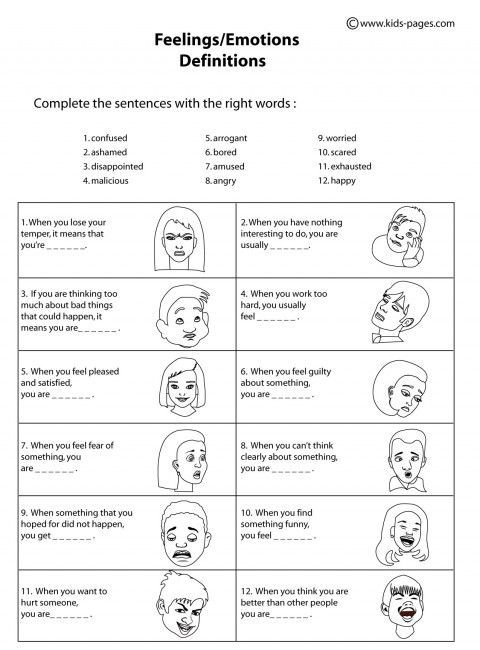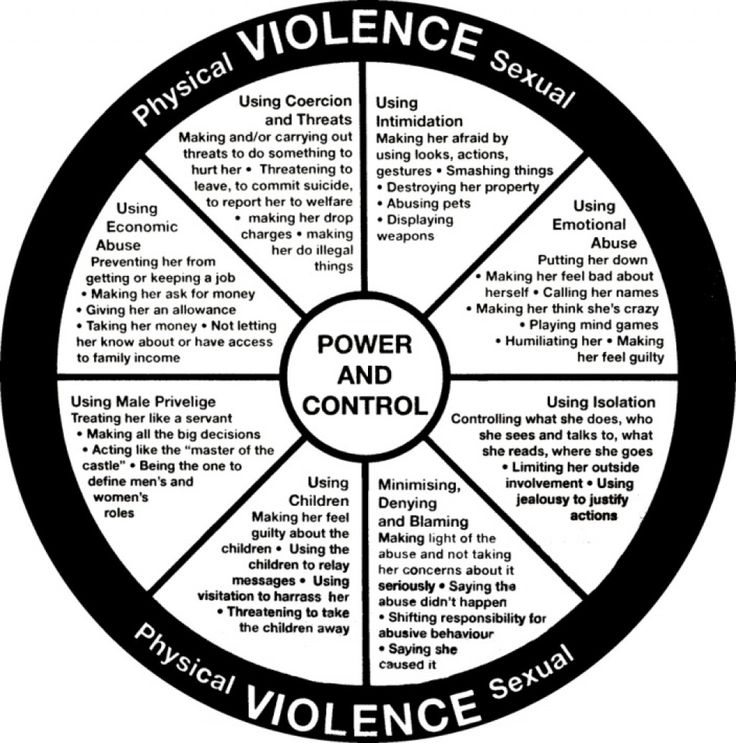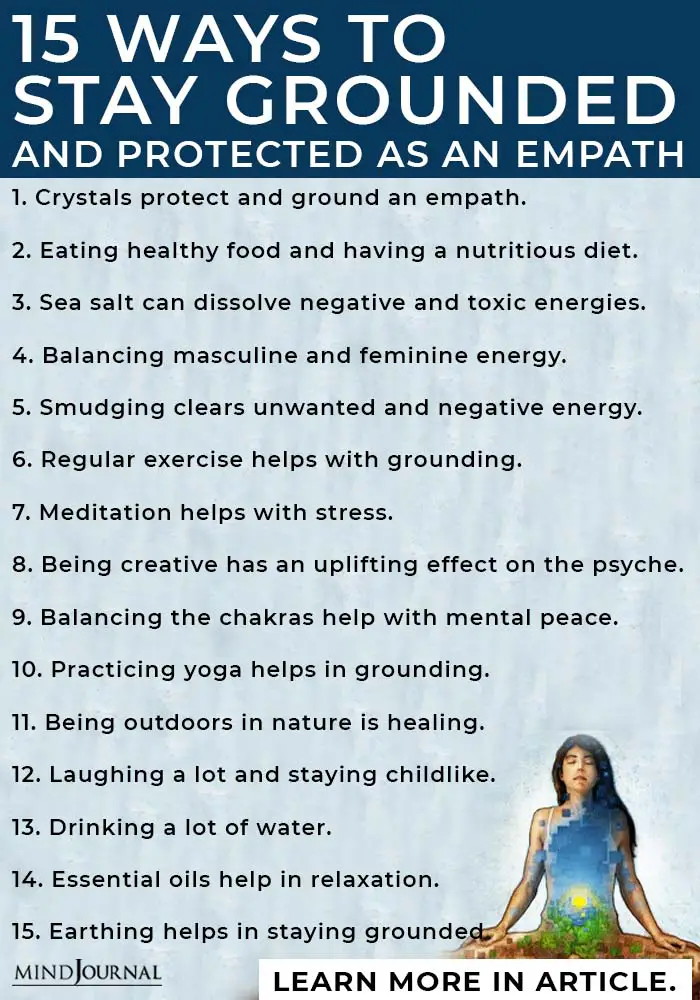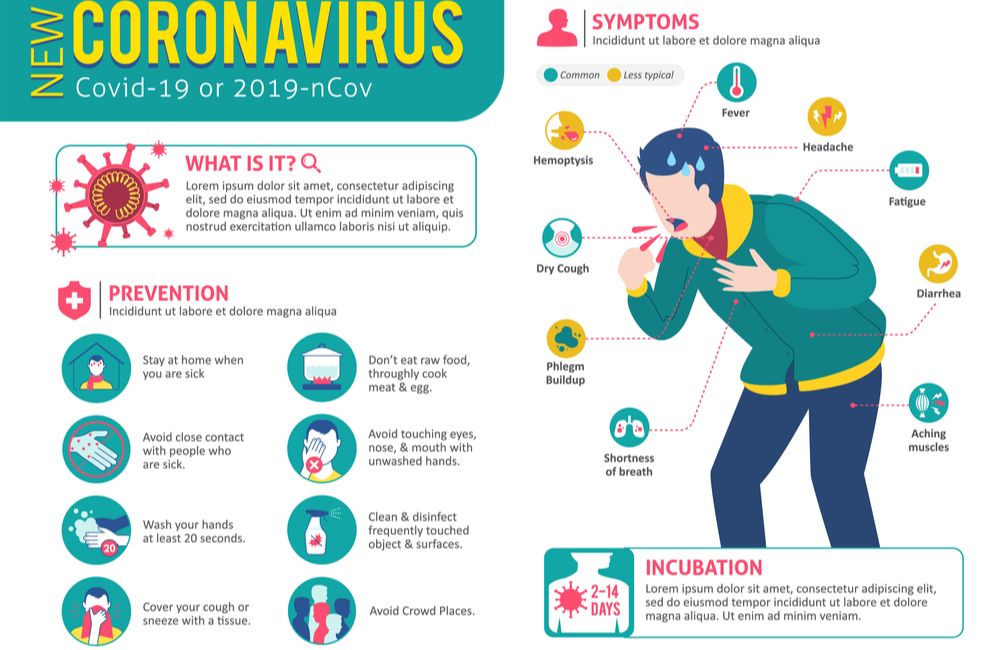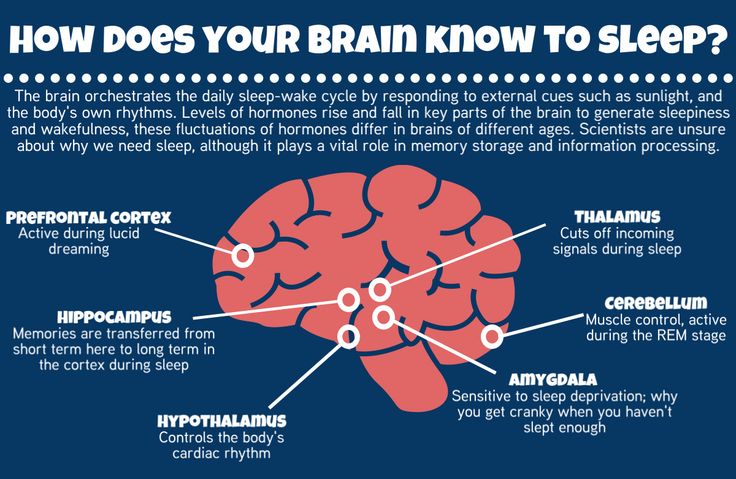Healthy romantic relationship
What Does a Healthy Relationship Look Like?
Having boundaries is like drawing a line. One side has the things you are okay with and the other side, those that you are not okay with, don’t feel ready for, or make you uncomfortable. This line looks different for everyone, so it is important for you to know where yours needs to be drawn. Setting boundaries is a way to teach your partner about your needs, and let you know when something doesn’t feel right. You are allowed to put your needs before someone else’s needs, especially if their needs make you uncomfortable.
Step 1: What are your boundaries?
Think about these categories and what they mean in terms of your relationship.
Physical: Are you okay with public displays of affection? Does affection make you uncomfortable? Do you hate it or love it when your partner tickles you? Do you need a lot of alone time? Learn more about physical boundaries and abuse.
Emotional: Are you able to share what you are feeling right away or do you need some time to think about it? Do you need your partner to be available anytime you have a crisis? When are you ready to say I love you? Learn more about emotional boundaries and abuse.
Sexual: Do you need to get to know your partner a while before engaging in any kind of sexual activity, or are you okay getting physical right away? What sexual activity are you okay with? Learn more about sexual boundaries and abuse.
Digital: Are you posting your relationship status? Is it okay if your partner uses your phone? Do you want to share passwords? Learn more about digital boundaries and abuse.
Material: Do you like sharing your stuff? Are you okay paying for your partner or vice versa?
Spiritual: Do you like to practice your religion with a partner or alone? Does your partner need to have the same beliefs as you or can they be different as long as yours are respected? Are you waiting until marriage before you have sex?
Step 2: Letting your partner know what your boundaries are.
You don’t have to sit down with your partner with a check list of all of the things that make you uncomfortable, but you do have be open and honest. Some of these things might come up early in the relationship, like if you are a virgin and don’t want to have sex until you’re ready. Some of these things may not come up for a while, like if your partner wants to share passwords after dating for 6 months. When your needs are different than your partner’s, have a conversation; you don’t need to give an explanation. It may be awkward, but having the tough conversations is a part of having a healthy relationship. When your partner listens to you and respects you, it builds trust.
Some of these things might come up early in the relationship, like if you are a virgin and don’t want to have sex until you’re ready. Some of these things may not come up for a while, like if your partner wants to share passwords after dating for 6 months. When your needs are different than your partner’s, have a conversation; you don’t need to give an explanation. It may be awkward, but having the tough conversations is a part of having a healthy relationship. When your partner listens to you and respects you, it builds trust.
Step 3: Recognizing when the line has been crossed.
Sometimes, boundaries get crossed even after you’ve talked with your partner; this is where trusting yourself comes in. You may be sad, anxious or angry or you may not know exactly what you are feeling. Always trust your gut. If something doesn’t feel right to you, it probably isn’t.
Step 4: Responding.
If a boundary has been crossed by your partner who didn’t know where your line was drawn, have an honest conversation.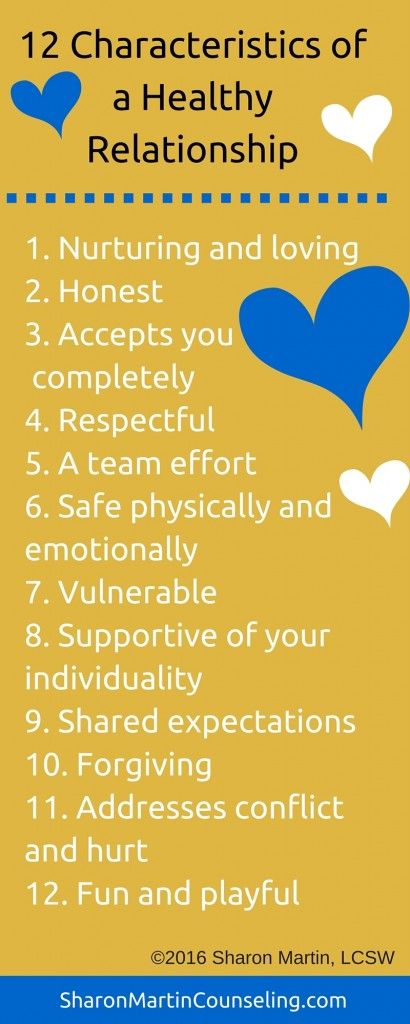 It could be something as simple as saying, “Hey, I really don’t like it when you ________. This makes me really uncomfortable. Do you think next time you can ______ instead?” This might take some back and forth before coming to an agreement that meets both of your needs, but your relationship will be stronger because of it.
It could be something as simple as saying, “Hey, I really don’t like it when you ________. This makes me really uncomfortable. Do you think next time you can ______ instead?” This might take some back and forth before coming to an agreement that meets both of your needs, but your relationship will be stronger because of it.
If a boundary has been crossed even though you had already been clear about your boundaries, this might be abuse. Crossing a line might be obvious, like if you say no to having sex, but your partner uses physical force to make you do something you don’t want to do. But it can also be more subtle, like if your partner guilts you into something, begs you until you give in or threatens to break up with you unless you do what they want.
32 Signs, Tips, Red Flags, and More
If you have or want a romantic relationship, you probably want a healthy one, right? But what’s a healthy relationship, exactly?
Well, it depends.
Healthy relationships don’t look the same for everyone since people have different needs. Your specific needs around communication, sex, affection, space, shared hobbies or values, and so on may change throughout life.
Your specific needs around communication, sex, affection, space, shared hobbies or values, and so on may change throughout life.
So, a relationship that works in your 20s may be nothing like the relationship you want in your 30s.
Relationships that don’t align with more traditional definitions of a relationship can still be healthy. For example, people who practice polyamory or ethical nonmonogamy might define a healthy relationship somewhat differently than people who practice monogamy.
In short, “healthy relationship” is a broad term because what makes a relationship thrive depends on the needs of the people in it.
But a few key signs do stand out in flourishing relationships.
“One thing healthy relationships largely share is adaptability,” says Lindsey Antin, a therapist in Berkeley, California. “They adapt to circumstances and the fact we’re always changing and going through different phases in life.
Here’s a look at some other hallmarks of healthy relationships.
Open communication
Partners in healthy relationships typically talk about the things going on in their lives: successes, failures, and everything in between.
You should be comfortable talking about any issues that come up, from things that happen in everyday life, such work or friend stress, to more serious issues, such as mental health symptoms or financial concerns.
Even if they have a different opinion, they listen without judgment and then share their perspective.
Communication goes both ways. It’s important you also feel that they’ll voice their own concerns or thoughts as they come up.
People in nonmonogamous relationships may place even more value on emotional check-ins and frequent communication about what’s happening with other partners.
Trust
Trust involves honesty and integrity. You don’t keep secrets from each other. When you’re apart, you don’t worry about them pursuing other people.
But trust goes beyond believing they won’t cheat or lie to you.
It also means you feel safe and comfortable with them and know they won’t hurt you physically or emotionally. You know they have your best interests in mind but also respect you enough to encourage you to make your own choices.
A sense of yourself as a separate person
Healthy relationships are best described as interdependent. Interdependence means you rely on each other for mutual support but still maintain your identity as a unique individual.
In other words, your relationship is balanced. You know you have their approval and love, but your self-esteem doesn’t depend on them. Although you’re there for each other, you don’t depend on each other to get all of your needs met.
You still have friends and connections outside the relationship and spend time pursuing your own interests and hobbies.
Curiosity
One key characteristic of healthy, long-term love is curiosity.
This means you’re interested in their thoughts, goals, and daily life. You want to watch them grow into their best self. You’re not fixated on who they used to be or who you think they should be.
You want to watch them grow into their best self. You’re not fixated on who they used to be or who you think they should be.
“You hold flexible mindsets about each other,” Antin adds.
Curiosity also means you’re willing to consider or talk over changes to your relationship structure if aspects of your existing relationship become less fulfilling. It also involves realism. You see them for who they truly are and care about that person, not an idealized version of them.
Time apart
Most people in healthy relationships prioritize spending time together, though the amount of time you spend together can vary based on personal needs, work and other commitments, living arrangements, and so on.
But you also recognize the need for personal space and time on your own. Maybe you spend this time relaxing solo, pursuing a hobby, or seeing friends or family.
Whatever you do, you don’t need to spend every moment together or believe your relationship suffers when you spend some time apart.
Playfulness or lightheartedness
It’s important to make time for fun and spontaneity when the mood is right. If you can joke and laugh together, that’s a good sign.
Sometimes life challenges or distress might affect one or both of you. This can temporarily change the tone of your relationship and make it hard to relate to each other in your usual ways.
But being able to share lighter moments that help relieve tension, even briefly, strengthens your relationship even in tough times.
Physical intimacy
Intimacy often refers to sex, but not always. Not everyone enjoys or wants sex. Your relationship can still be healthy without it — as long as you’re both on the same page about getting your needs met.
If neither of you have interest in sex, physical intimacy might involve kissing, hugging, cuddling, and sleeping together. Whatever type of intimacy you share, physically connecting and bonding is important.
If you both enjoy sex, your physical relationship is most likely healthy when you:
- feel comfortable initiating and talking about sex
- can positively handle rejection
- can discuss desires
- feel safe expressing your interest in more or less sex
Healthy intimacy also involves respecting sexual boundaries. This includes:
This includes:
- not pressuring partners about sex or specific sex acts when they say no
- sharing information about other partners
- discussing sexual risk factors
Teamwork
A strong relationship can be considered a team. You work together and support each other, even when you don’t see eye to eye on something or have goals that aren’t exactly the same.
In short, you have each other’s back. You know you can turn to them when you’re struggling. And you’re always ready to offer support when they need you.
Conflict resolution
Even in a healthy relationship, you’ll have occasional disagreements and feel frustrated or angry with each other from time to time. That’s completely normal. It doesn’t mean your relationship is unhealthy.
What matters is how you address conflict. If you can talk about your differences politely, honestly, and with respect, you’re on the right track.
Partners who address conflict without judgment or contempt can often find a compromise or solution.
Your relationship should contribute to a sense of fulfillment, happiness, and connection. If you tend to feel more anxious, distressed, or unhappy around your partner, your relationship may be struggling.
Signs of unhealthy relationships can vary widely, so this list isn’t all-inclusive. But it may help point out some possible issues.
One of you tries to control or change the other
“We are never in control of changing another person,” Antin says.
If you’re concerned about a specific behavior, you should feel comfortable enough to bring it up. It’s OK to express your feelings and ask them to consider making changes. But it’s not OK to tell them what to do or attempt to control their behavior.
If they do something that really bothers you and you can’t accept it, the relationship may not have long-term potential.
Your partner doesn’t respect your boundaries
Boundaries can come into play across your relationship, from respectful communication to privacy needs. If you set a boundary and they push against it or pressure you to change it, that’s a serious red flag.
If you set a boundary and they push against it or pressure you to change it, that’s a serious red flag.
Maybe you’ve said, “I need personal space when I get home from work. I’m happy to see you, but I need to de-stress before any physical affection.”
But they continue to come up to you right when you get home, trying to kiss you and pull you into the bedroom. When you say no, they apologize and say “they just can’t help themselves.”
You might brush this off as a sign of affection and keep restating the boundary, hoping they’ll get it eventually. But their behavior shows disrespect for your needs.
You don’t spend much time together
Relationships often develop when people enjoy each other’s company and want to spend even more time together. Life events can sometimes get in the way of your time together, but these changes are usually temporary.
Your relationship might be struggling if you consistently see less of each other without a clear reason, such as family difficulties or more responsibilities at work.
Other warning signs include feeling distant with each other or relieved when you aren’t together. You might even try to find excuses to avoid spending time together.
The relationship feels unequal
Healthy relationships tend to be fairly well balanced. You might equally share finances, or balance out a lower income by running more errands.
But relationship equality can also relate to intangible things, such as affection, communication, and relationship expectations.
Periods of inequality can happen from time to time. One of you might temporarily lose your income, struggle to help with chores because of illness, or feel less affectionate due to stress or other emotional turmoil.
But if your relationship regularly feels unbalanced in any way, this can become problematic.
They say negative or hurtful things about you or others
There’s nothing wrong with showing concern when your partner does something that worries you. But in a healthy relationship, partners generally take care to express their feelings in helpful, productive ways.
It’s not healthy to constantly criticize each other or say intentionally hurtful things, especially about personal choices, such as food, clothing, or favorite TV shows. Criticism that makes you feel ashamed or bad about yourself is generally unproductive.
Also note how they talk about others. Your relationship with each other could seem perfectly healthy, but if they use hate speech, slurs, or make discriminatory remarks about others, consider what this behavior says about them as a person.
You don’t feel heard in the relationship
Maybe you don’t feel heard because they seem disinterested when you bring up a problem or share something that’s been on your mind. Or you might have a hard time sharing your opinion or talking about serious issues because you worry they’ll just brush you off.
Miscommunications can happen, of course. But if you do talk through an issue and they seem receptive but don’t make any changes or seem to have completely forgotten what you talked about by the next day, that’s also a warning sign.
You’re afraid of expressing disagreement
Partners should always feel safe to have their own opinions, even when this means they disagree. If your partner responds to your (different) viewpoint with dismissal, contempt, or other rudeness, this often suggests they don’t respect you or your ideas.
If you find yourself censoring everything you say because you worry about their reaction, or feel like you’re “walking on eggshells” every day, as Antin puts it, it may be time to seek professional help.
If you fear physical or verbal abuse, talk to a therapist as soon as you can. Don’t hesitate to reach out to friends and family for additional support, too.
You don’t feel happy or comfortable around your partner
For many people, key relationship goals include increased happiness and life satisfaction. If you feel uneasy or unhappy all the time, the relationship may not be meeting your needs.
This can happen even when you’re both putting effort into the relationship. People change over time, so feeling dissatisfied and trapped doesn’t necessarily mean either of you have done anything “wrong.” You may have just become different people who no longer fit well together.
People change over time, so feeling dissatisfied and trapped doesn’t necessarily mean either of you have done anything “wrong.” You may have just become different people who no longer fit well together.
Disagreements or discussions don’t go anywhere
Healthy conflict resolution typically leads to solutions or compromise. Maintaining a relationship is an ongoing process, so you might not work everything out right away. But you usually feel good about your conversations afterward. You usually see some progress.
It’s generally not a good sign when you find yourself talking in circles or about the same issues all the time. Maybe there’s never any improvement, no matter how much you discuss something. Maybe they eventually just shut you out.
It’s difficult to apply the same standards to every relationship. However, if you’re looking for guidance on whether yours is healthy, there are a few things you can ask yourself as a sort of self-test.
Is your relationship healthy?
Ask yourself:
- Does my partner encourage me to grow?
- Do we share goals for the future?
- Do we want the same kind of relationship?
- Can I be myself with them?
- Do I accept them for who they are?
- Do we give and take from each other fairly equally?
- Is my life better with them in it?
- Does our time together have meaning?
If you mostly answered yes, your relationship is probably a strong one.
If some (or several) of the relationship red flags struck home, couples counseling might be a good step.
“Couples therapy is about two people arriving to work on themselves,” Antin says. Getting help doesn’t mean you’ve failed. It means you want to work at improving, for yourselves and for each other.
But even the healthiest of relationships can sometimes use a little extra work. Here are some tips to make sure things stay on the right track.
Embrace each other’s differences
“They might be ambitious, while you’re more of a homebody,” Antin says. “But this is a good dynamic, since one of you can initiate activity or go out and adventure, while one of you enjoys quiet time and keeps the home fire burning.”
Consider their perspective
“Be curious about the way they do and see things instead of trying to get them to see things your way,” Antin recommends.
Solve problems as a team
“Work together to solve problems, instead of making each other the problem,” Antin says.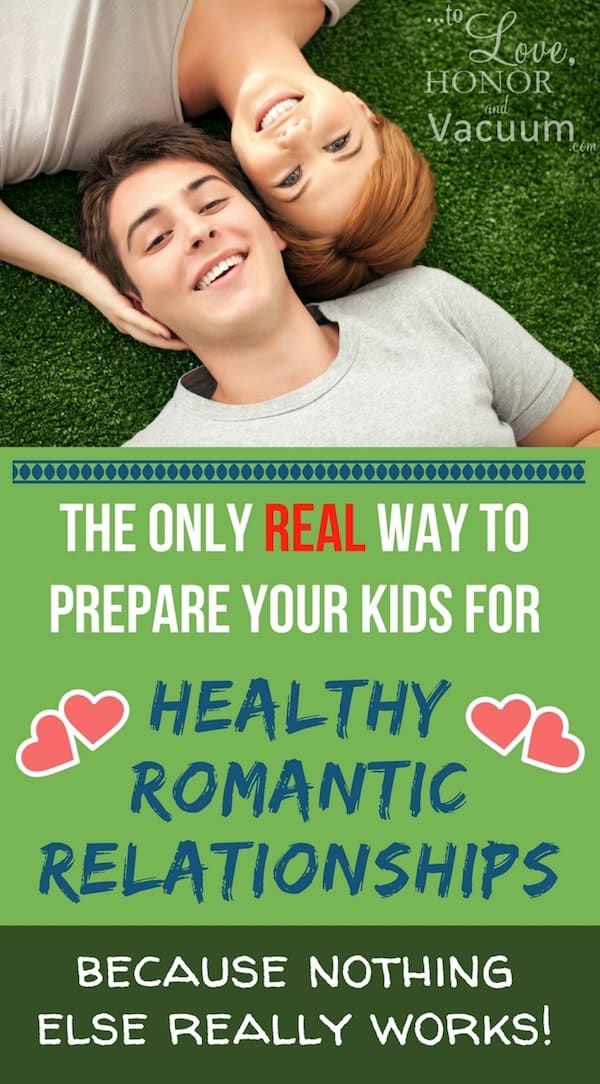
Ask for what you want, and be equally ready to listen to their desires
You may not always agree, but that’s all right. You’re two different people, after all. Being able to find a compromise is key.
Try something new together
If your relationship seems stale or like it’s going nowhere, try taking it somewhere to see what happens. A change of scenery can sometimes change your perspective.
Talk about your goals and dreams
This can help you reconnect and make sure you still share similar hopes and values.
A shared love of spelunking and a mutual fondness for Indian food might have helped you meet your partner, but these factors have little to do with keeping your relationship healthy over time.
At the end of the day, you should trust each other and feel safe together. You should believe in your ability to learn and grow together.
If you’re worried about your relationship or believe it’s not as strong as it used to be, trust your instincts and explore what these feelings mean. A therapist can help offer guidance on when more effort might help and when it’s time to move on.
A therapist can help offer guidance on when more effort might help and when it’s time to move on.
Crystal Raypole has previously worked as a writer and editor for GoodTherapy. Her fields of interest include Asian languages and literature, Japanese translation, cooking, natural sciences, sex positivity, and mental health. In particular, she’s committed to helping decrease stigma around mental health issues.
Read this article in Spanish.
Key principles of healthy romantic relationships
Healthy relationships are relationships that serve as a source of personal growth and happiness for both people involved in them. If a relationship encourages people to move forward in their careers, socializing, or academics, then they are said to be healthy.
On the other hand, if your relationship has resulted in suffering, brought a lot of pain, or slowed down the couple's usual course of life, then this is an unhealthy relationship.
Intimacy and healthy romantic relationships
Most likely, you have already noticed before that you have different feelings from watching the same movie alone and in the presence of a friend.
This is due to the exchange of positive emotions, such as delight, and the intensity of the emotion is increased. I'm sure you've also noticed that you feel much worse when faced with a problem alone than when solving the same problem with friends (for example, thinking about a difficult exam that you have to take). This is because sharing negative emotions makes them less painful.
In a healthy relationship, negative emotions are reduced by sharing, and positive emotions are increased by sharing. So a healthy relationship can help you feel better if you're already in a great mood, and make you feel less bad if you're not in the mood.
Unfortunately, in many cases the exact opposite happens. Love brings only pain and suffering of such intensity that it leads to depression. If you find that life does not get better after you start building relationships, then know that they are unhealthy.
Key principles of healthy relationships
If you follow these guidelines, you will increase your chances of having healthy love in your life. If you are already in a relationship, then try to stick to these principles and you will notice a significant improvement as your relationship becomes healthier.
If you are already in a relationship, then try to stick to these principles and you will notice a significant improvement as your relationship becomes healthier.
- Is this true love? This question is not difficult to answer. If the relationship was based on addiction, the desire for love, or the desire for compensation, then most likely they are unhealthy. And if they were built on unconditional love and there was little dependence, then this is a healthy relationship.
- Is your intimacy increasing or decreasing? If intimacy increases drop by drop over time, then it is a healthy relationship. But if the farther, the less intimacy between you, then this relationship is unhealthy. The more you hide privacy from your man or woman, the more intimacy will be lost, and this is one of the reasons why it is so difficult to maintain a relationship between a man and a woman at a distance.
- Are your expectations realistic? If you expect only beautiful moments in your relationship or hope that your lover will bring you flowers every day, then you risk facing great disappointment.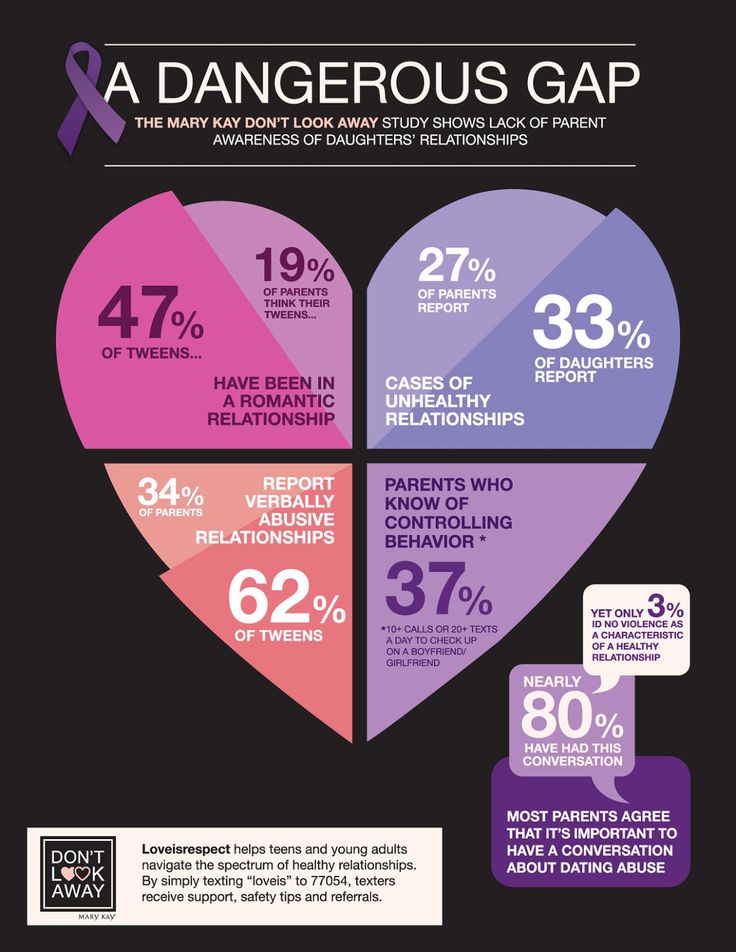 The media instilled in us the idea that love is the solution to all problems, that after the start of a relationship, life will become perfect. These beliefs are the main reason people get frustrated in their relationships when they get serious and long lasting. If you want healthy family relationships and healthy love, arm yourself with realistic expectations. Beware of daydreaming and get back to reality. Sure, a relationship can help you feel better, but it's not the answer to all problems.
The media instilled in us the idea that love is the solution to all problems, that after the start of a relationship, life will become perfect. These beliefs are the main reason people get frustrated in their relationships when they get serious and long lasting. If you want healthy family relationships and healthy love, arm yourself with realistic expectations. Beware of daydreaming and get back to reality. Sure, a relationship can help you feel better, but it's not the answer to all problems.
Farukh Radwan, M.Sc.
12 signs of a healthy relationship | PSYCHOLOGIES
200,074
Man and woman Sex Relationship crisis
1. Love and care
The most important thing in a healthy relationship is sincere mutual love. Partners take care of each other both in words and in deeds, constantly demonstrating that they value and love each other.
2. Honesty
In a healthy relationship, partners do not lie to each other and do not hide the truth. Such relationships are transparent, there is no place for deceit in them.
Such relationships are transparent, there is no place for deceit in them.
3. Willingness to accept a partner as he is
You must have heard that you should not start a relationship hoping to change your partner over time. Whether it's a very serious problem like a drug addiction or something small like not washing the dishes all the time, if you expect him or her to behave differently, you're likely to be disappointed.
Yes, people can and do change, but they themselves must want it. You cannot force your partner to change, no matter how much you love them.
4. Respect
Mutual respect means that partners consider each other's feelings and treat their partner the way they would like to be treated. Respect allows you to exclude situations when it seems to one of the partners that the second one puts pressure on him or tries to manipulate him. They are ready to listen to each other and respect the point of view of their partner.
5. Mutual assistance
Partners have common goals.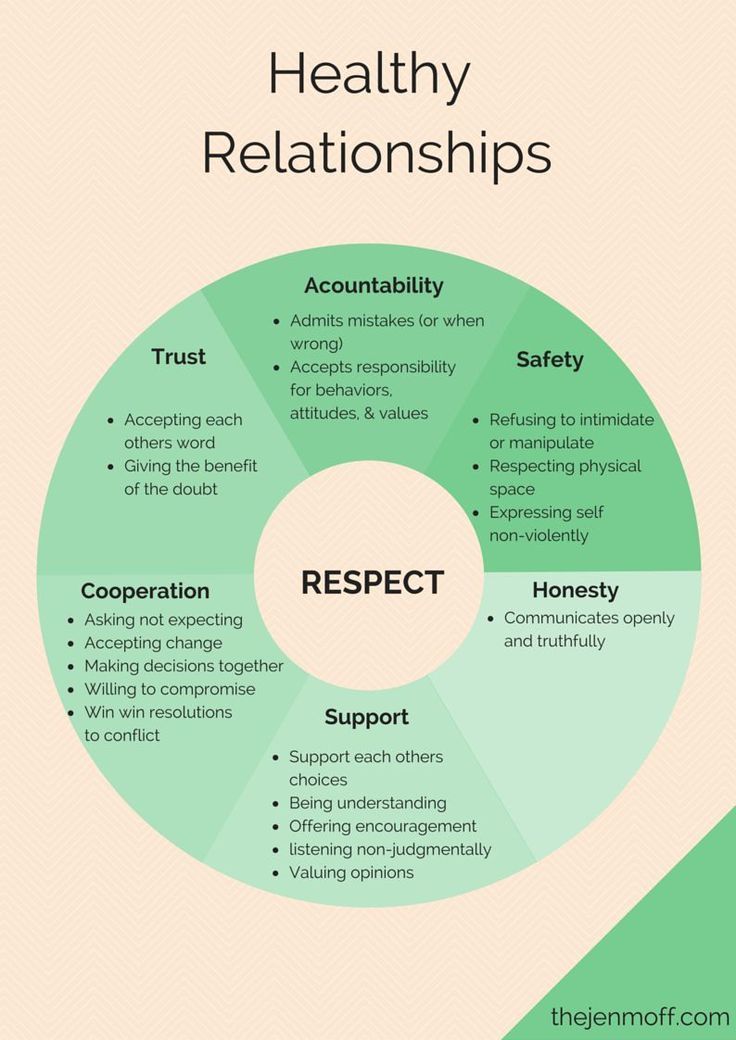 They don't try to put spokes in each other's wheels, they don't compete, they don't try to "beat" each other. Instead, mutual assistance and mutual support reign in the relationship.
They don't try to put spokes in each other's wheels, they don't compete, they don't try to "beat" each other. Instead, mutual assistance and mutual support reign in the relationship.
6. Physical and emotional security
Partners do not feel wary or tense in each other's presence. They know that they can rely on a partner in any situation. They do not have to fear that their partner can hit them, yell at them, force them to do something they do not want, manipulate them, humiliate them or shame them.
7. Mutual openness
A sense of security allows you to fully open up to your partner, which, in turn, makes the relationship of partners deeper. They know they can share their deepest thoughts and secrets without fear of judgment.
8. Supporting the partner's individuality
Healthy attachment of partners to each other does not prevent them from setting their own goals in life and achieving them. They have personal time and personal space. They support each other, are proud of each other, and are interested in each other's hobbies and passions.
They support each other, are proud of each other, and are interested in each other's hobbies and passions.
9. Coincidence of expectations
When the expectations of partners differ greatly in terms of relationships, very often one of them is disappointed. It is important that the expectations of both are realistic and close to each other.
This concerns a variety of issues: how often they have sex, how they celebrate holidays, how much time they spend together, how they share household chores, and so on. If the views of partners on these and other issues differ greatly, it is very important to discuss the differences and find a compromise.
10. Willingness to forgive
In any relationship, partners happen to misunderstand each other and hurt each other - this is inevitable. If the “guilty” partner sincerely regrets what happened and really changes his behavior, he should be forgiven. If partners do not know how to forgive, over time, relationships will collapse under the weight of accumulated grievances.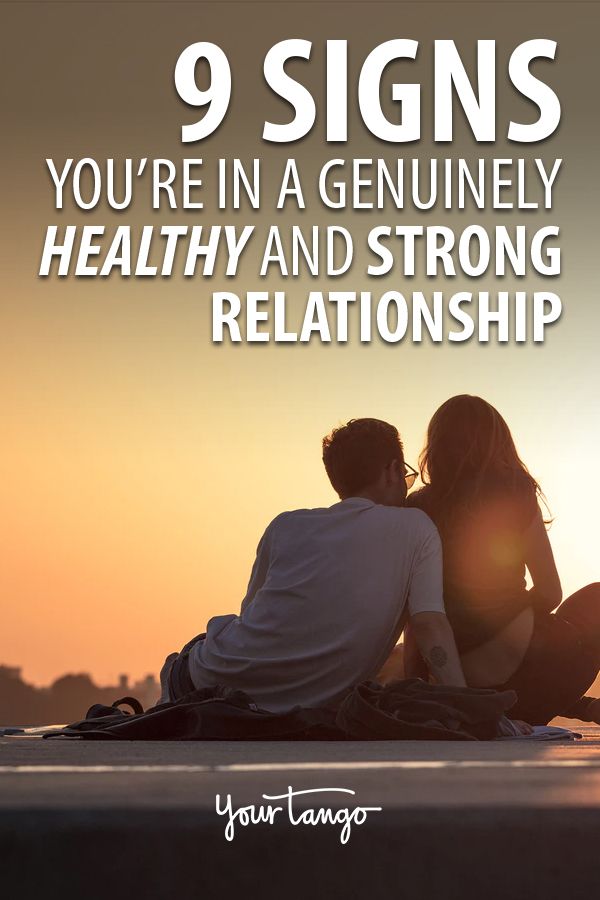
11. Willingness to discuss any conflicts and contradictions
It is easy to talk to your partner when everything is going well, but it is much more important to be able to constructively discuss any conflicts and grievances. In healthy relationships, partners always have the opportunity to tell each other what they are unhappy with or offended or disagree with - but in a respectful way.
They do not avoid conflicts and do not pretend that nothing happened, but discuss and resolve contradictions.
12. Ability to enjoy each other and life
Yes, building relationships is hard work, but they should also bring joy. Why do we need a relationship if the partners are not happy with each other's company, if they cannot laugh together, have fun and generally have a good time?
Remember that in a relationship each of the partners not only takes something, but also gives. You have the right to expect your partner to comply with all of these rules, but you yourself must comply.

